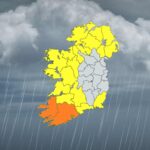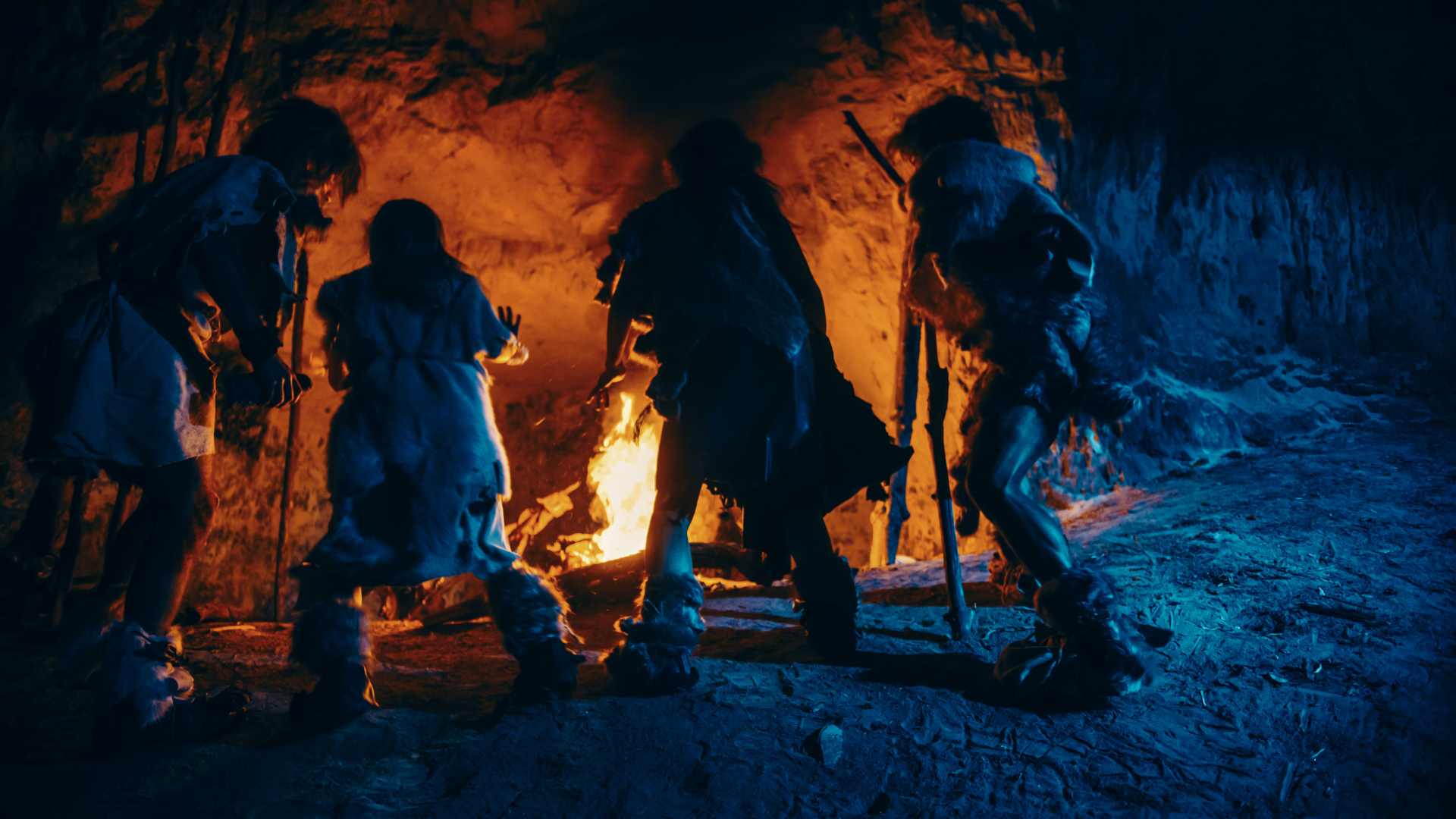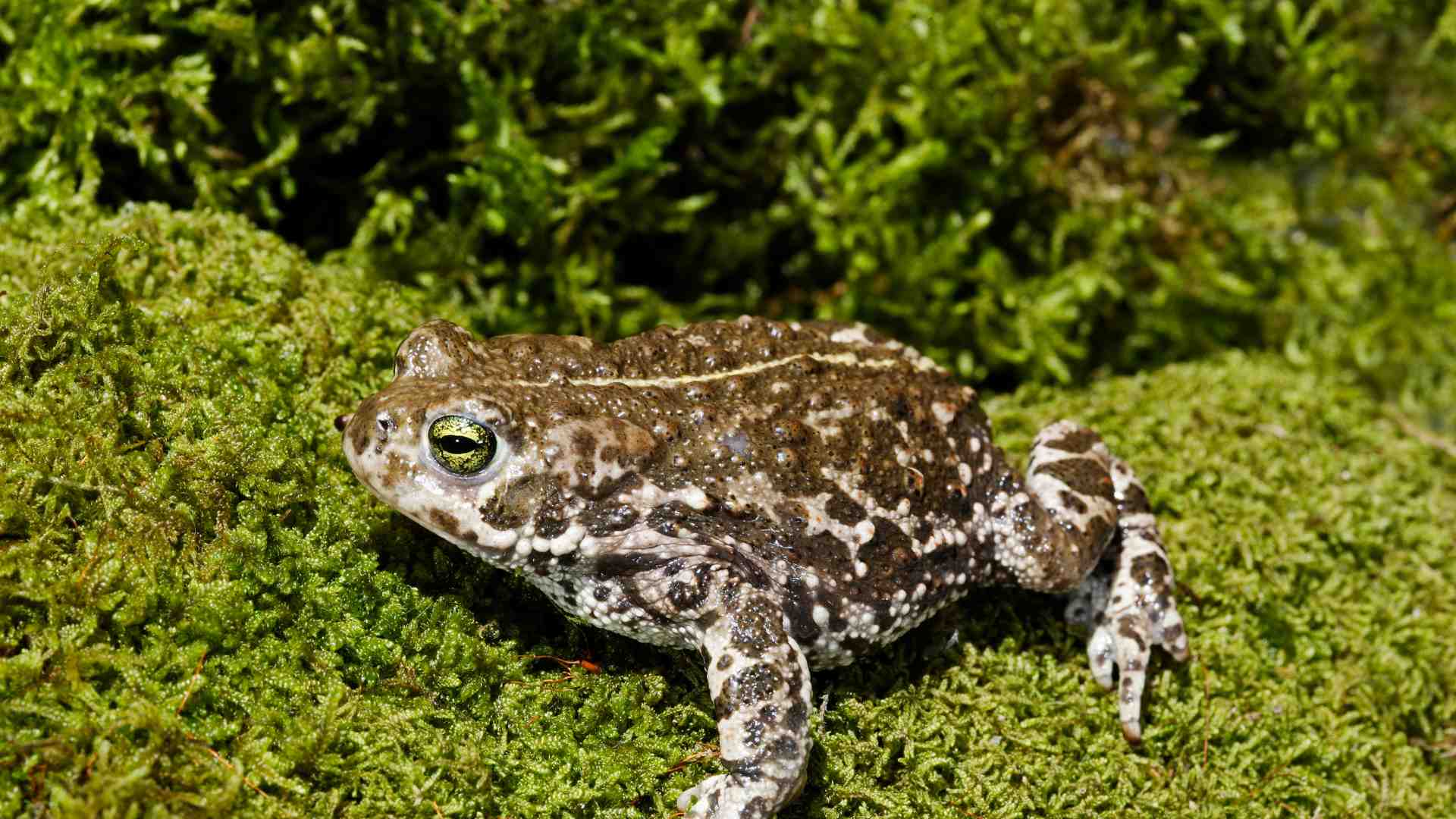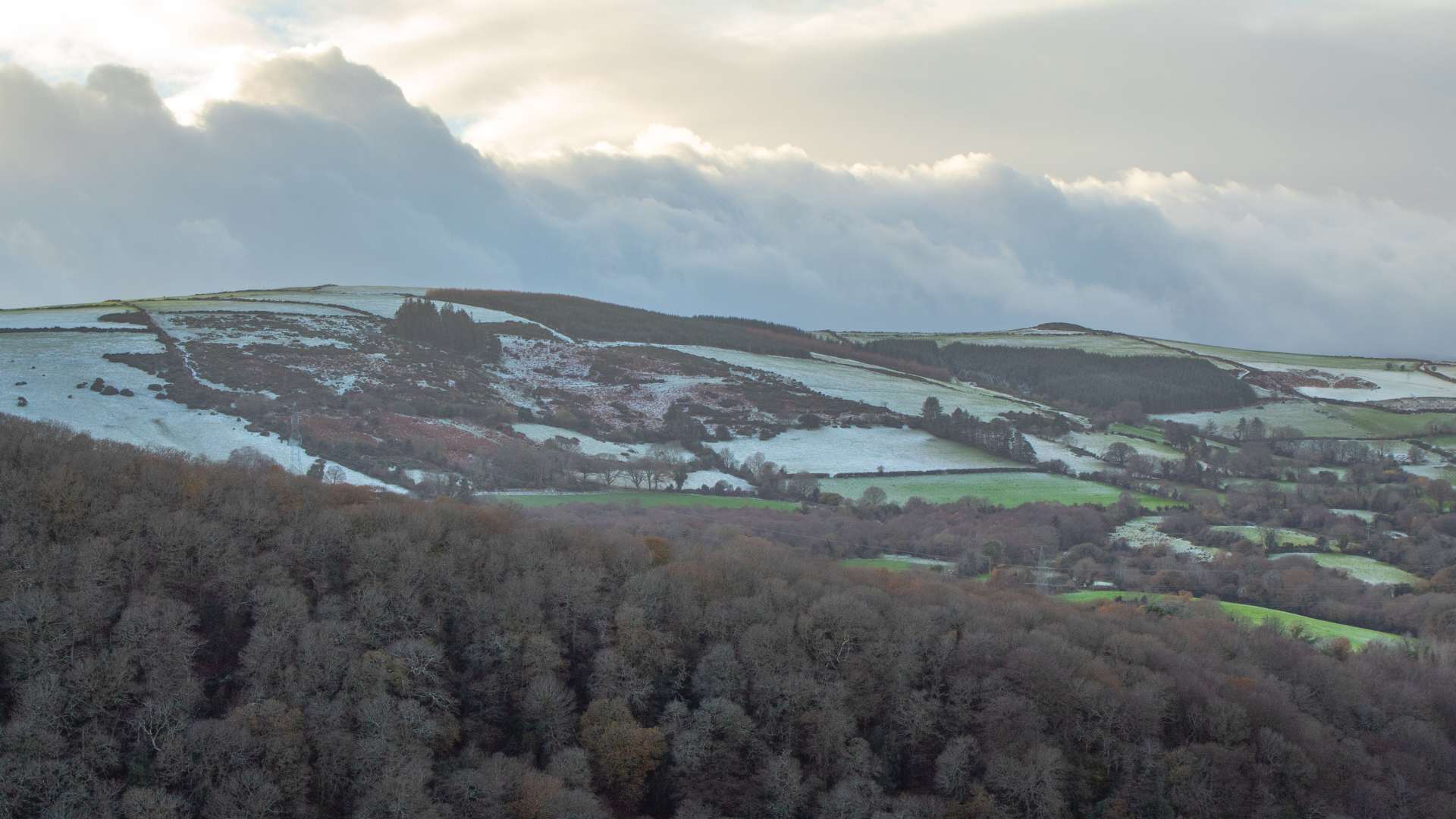
Reindeer numbers face steep global decline
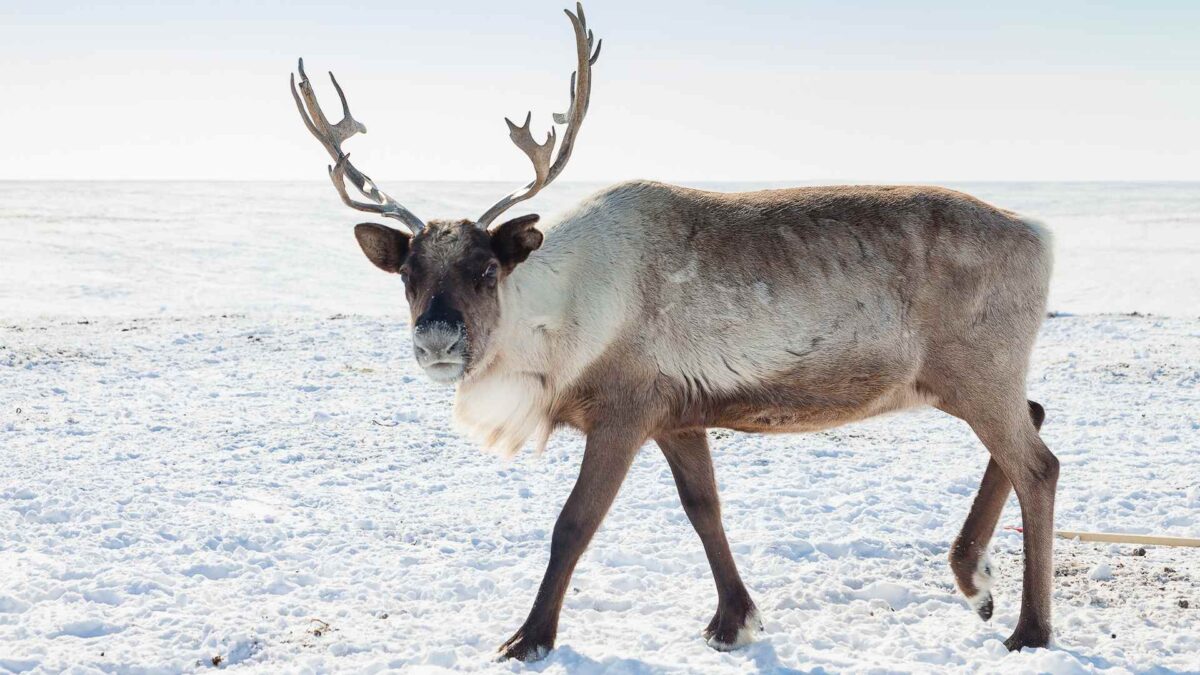
Reindeer populations could fall at rates rarely seen in the past 21,000 years, according to new research led by the University of Adelaide and the University of Copenhagen.
The Ice Age species, known as caribou in North America, has survived previous episodes of Arctic warming and is central to the ecosystems and livelihoods of many Indigenous peoples.
Despite being one of the Arctic’s most abundant herbivores, global numbers have dropped by almost two-thirds in the past 30 years.
Researchers used fossil evidence, ancient DNA and computer models to track changes in reindeer abundance and distribution since the last Ice Age and to forecast their future prospects.
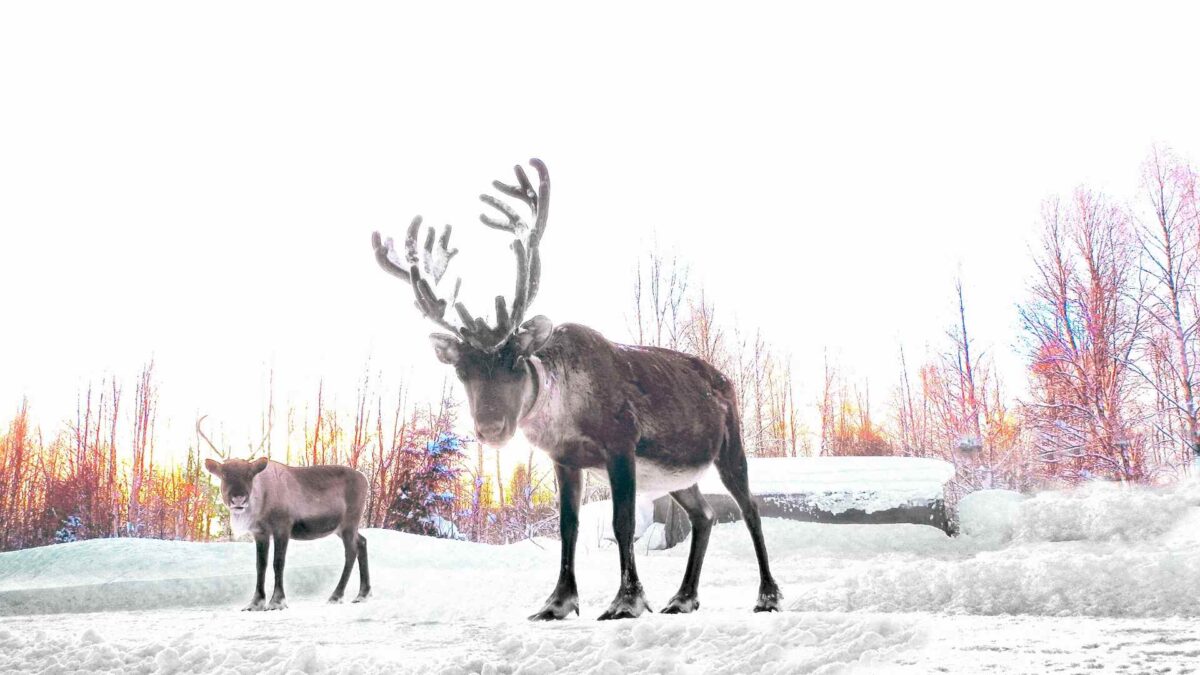
They found that North American populations are at particular risk, with some facing possible declines of up to 80 per cent by 2100 without greater investment in wildlife management and conservation.
The loss of reindeer and caribou would affect the balance of Arctic plant life, said Professor Eric Post of the University of California, Davis. The animals help maintain plant diversity, and their decline could reduce the ability of tundra soils to store carbon.
The study, published in Science Advances, calls for urgent conservation measures, especially in North America, to protect the species and the ecological services it provides.
Share this WeathÉire story:
